Doc's Blog!
Unlocking the Power of Herbs: Your Ultimate Guide to Choosing the Best Delivery System
I’m often asked “What is the best way to take herbs?”
In many cases, It doesn’t matter how you get those herbs into your body. I mean, does it really matter how you get to work? You could ride a camel, take a helicopter, or bounce in on a pogo stick for all anyone cares, as long as you show up on time and do your job. Herbs are similarly disinterested in the way they get to work. Once they’re in the body, they start to do their job. That said, there are pros and cons to every delivery system, and understanding those will make you more effective as a healer. So buckle up, grab your favorite herb-infused beverage, and let’s dive in!
Just Eat ‘em
Did you know that many of the herbs we use for medicinal purposes are also incredibly nutritious foods? Dandelion, for example, is a nutrient powerhouse! Calendula is sometimes referred to as ‘pot marigold’ because it has traditionally been added to soups to increase the nutritional value of the meal. In Japan, burdock root is a staple and is eaten as a vegetable. They call it “Gobo”.
Don’t even get me started on all of the fantastic medicinals in your spice drawer! Rosemary, basil, thyme, oregano…heck, about every culinary spice in common use is a medicinal powerhouse. It’s best if you have grown your own seasonings or bought them from a reliable source. Don’t assume that the dry herbs in the little spice jars at the supermarket are going to do you much good medicinally. The processing techniques used for those products can be pretty hard on the medicinal potency for some of the plants.
Fresh or dry herbs can be very versatile. You can add them to just about any dish – toss them in salads, blend them into smoothies, or even sprinkle powdered herbs into your favorite dishes. With so many delicious and nutritious options, it’s easy to make herbs a regular part of your diet.
There are a couple of disadvantages to the eat-yer-herbs approach: some herbs may not be very palatable (Don’t put Boswellia or goldenseal in your stew… your credentials as the family cook will be greatly damaged!).
The other disadvantage is speed. Certain medical conditions require a faster and more bioavailable form of medicine. If someone is having an asthma attack, making them a bowl of soup with cramp bark in it isn’t a very fast response.
Finally, fresh or powdered herbs do not have near as long of a shelf life as other forms, and will require more frequent harvesting or processing.
Herbal Teas
Herbal teas are a popular way of consuming medicinal herbs.They are pleasant and easy to make. But, even when prepared correctly, herbal teas have some limitations. Some herbs really don’t taste very good so drinking a cup of tea may be challenging in some cases.
Tea isn’t the fastest, most convenient herbal therapy. It takes some time to prepare. And, though brewing a cup of tea may in and of itself have some calming and healing benefits, the labor involved may decrease dosing frequency and compliance in some cases.
Another disadvantage of teas is that a brewed tea only has a shelf life of two or three days in the fridge before it starts to lose potency. So don’t make two weeks worth in a batch.
Herbal Tinctures
Herbal tinctures are concentrated, liquid extracts of herbs. They are made by steeping the herbs in consumable beverage alcohol such as vodka (or anything else that is 80-100 proof). The alcohol extracts the active ingredients from the plant and acts as a natural preservative, which gives tinctures a long shelf life.
One of the advantages of tinctures is their potency. They are very concentrated and can be easily absorbed by the body. They are, by far, the fastest way to get phytochemicals into the body. So, for time-sensitive emergencies, they are the best tool.
Tinctures sometimes don’t taste great. Adding tinctures to a little water, juice, or tea can make it easier to get them down.
Some people may not want to consume alcohol or may have a sensitivity to it. I have great respect for a recovering alcoholic that doesn’t want anything to do with an alcohol tincture.
Some folks also have religious convictions regarding alcohol. I applaud that too. I abstain from recreational alcohol for religious reasons. That said, I personally think that if one’s religious faith allows the use of medical anesthetics or pain killers in times of need, then a dose of an herbal tincture for medical purposes probably isn’t a spiritual problem either. That said, religious questions are very personal things. So, for some, tinctures aren’t the best tool.
Capsules
Capsules are an easy way to consume herbs, especially if the herb is unpalatable or has a strong taste. Capsules are also portable and convenient, and the dosage can be accurately measured.
Although capsules are a popular delivery method, they do have some downsides. The main problem is that the body doesn’t see the herbs until they reach the small intestine and the gelatin capsule dissolves, which can limit their effectiveness in some cases.Take cayenne for example – if you’re trying to clear out your sinuses, or treat shock you need that heat! But if you take cayenne in a capsule, that fiery action is totally lost.
To be completely honest, capsules aren’t my favorite delivery method. I think that there is something to be said for having the entire digestive tract interacting with the herb.The flavor of the herb is often part of its medicinal value and is lost when taken as a capsule.
Glycerite Tinctures
Finally, let’s talk about glycerites. Glycerites are tinctures made with vegetable glycerin instead of alcohol. There are many advantages to this delivery system. Glycerine is very sweet, making it a good choice for kids. Glycerine perfectly preserves the flavor of the herb (sometimes an important facet of herbal therapy). Like alcohol tinctures, glycerites can be taken straight or mixed with a little juice. Additionally, the glycerin in glycerites penetrates tissues very efficiently, which makes them great for emergency situations when fast-acting herbs are requisite.
Glycerites also have some major disadvantages. Glycerine tinctures have a short shelf life. They are best kept in the fridge (not suitable for travel). The sweet glycerine is a perfect environment for a host of pathogenic microorganisms. If the tincture gets contaminated at all, it will grow a slew of unspeakable things and will have to be thrown out. Finally, not all herbs extract well in glycerites, as some herbal constituents (such as tannins and oils) are not soluble in glycerin.
Final thoughts
Ultimately, the best way to take herbs will depend on the specific herb, the intended use and the person taking them. By understanding the pros and cons of each delivery system, you can make an informed decision about how to take your herbs to get the most benefit.
That being said, just do your very best! As healers we tend to get all wrapped up in the idealistic way of doing things, especially when it comes to nutrition and health supplements. It is possible to get so focused on the ideal that we cant see the forest for the trees. Have some grace for yourself (or your client). Generally the less-than-ideal herbal delivery system is much better than no herb at all (with some exceptions).
If you would like to learn more about herbs, their actions, and medicine making, join us at HomeGrown Herbalist School of Botanical Medicine. We would love to be part of your herbal education journey!
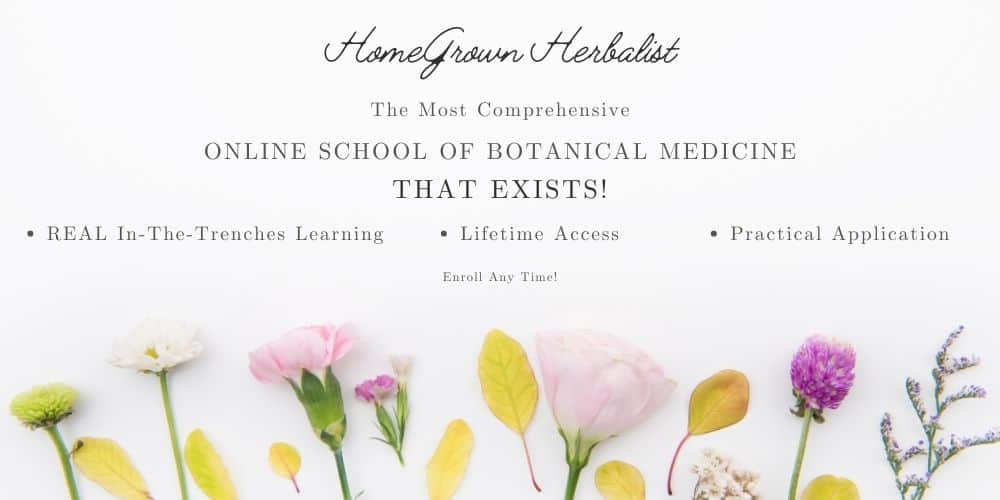
Welcome to the Homegrown Herbalist School of Botanical Medicine, where we specialize in teaching you how to make your own herbal medicinals. With over 20 years of experience as an herbalist, I’m excited to share my knowledge and expertise with you.
One of the key benefits of our online lifetime enrollment program is the depth and detail we provide on making specific herbal medicinals. From tinctures and salves to teas and capsules, we’ll show you step-by-step how to create a wide range of natural remedies.
Our program covers everything from selecting the best herbs for your needs to preparing and storing your herbal remedies. You’ll learn about the different types of herbal extracts, including alcohol-based tinctures, glycerites, and vinegar extracts. We’ll also show you how to make herbal salves and balms for topical use, as well as herbal teas and capsules for internal use.
But it’s not just about making herbal medicinals – we also cover the science behind herbal medicine and how different herbs can be used to treat a wide range of health conditions. You’ll learn about the benefits of herbs like echinacea, elderberry, and ginger, as well as how to use them safely and effectively.
So if you’re ready to take your health into your own hands and discover the amazing healing power of herbs, enroll in the Homegrown Herbalist School of Botanical Medicine today. With our comprehensive program and expert guidance, you’ll be making your own natural remedies in no time.


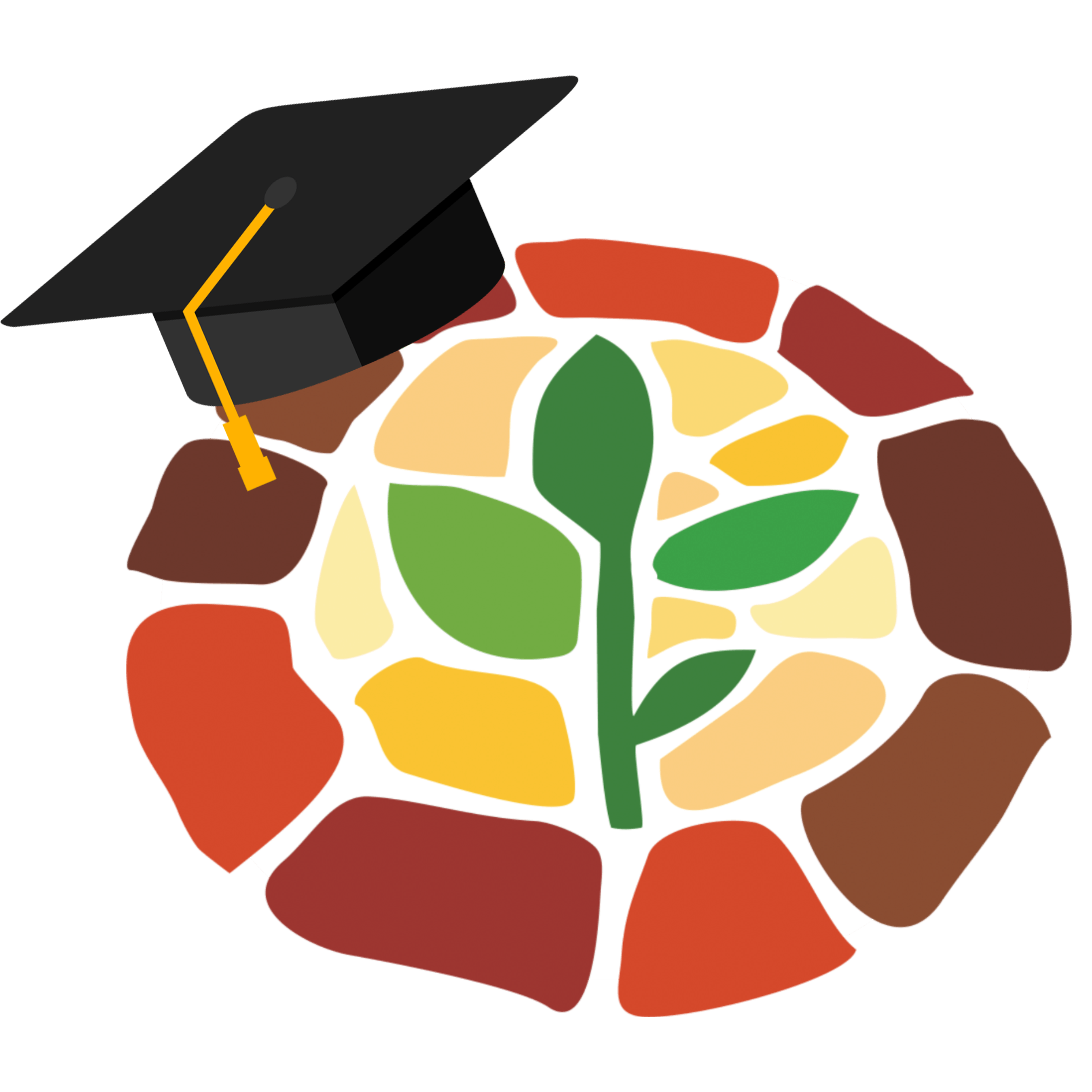
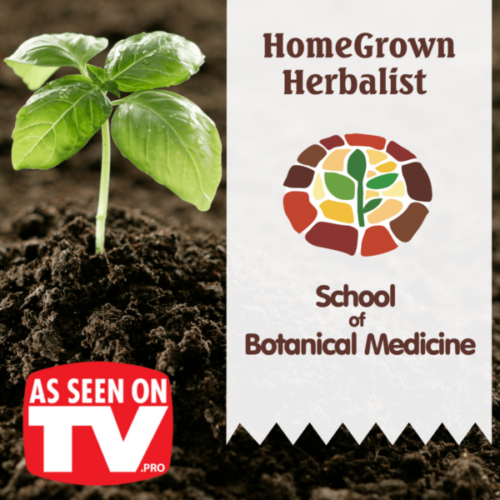
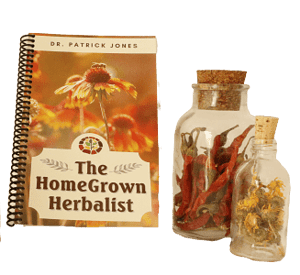

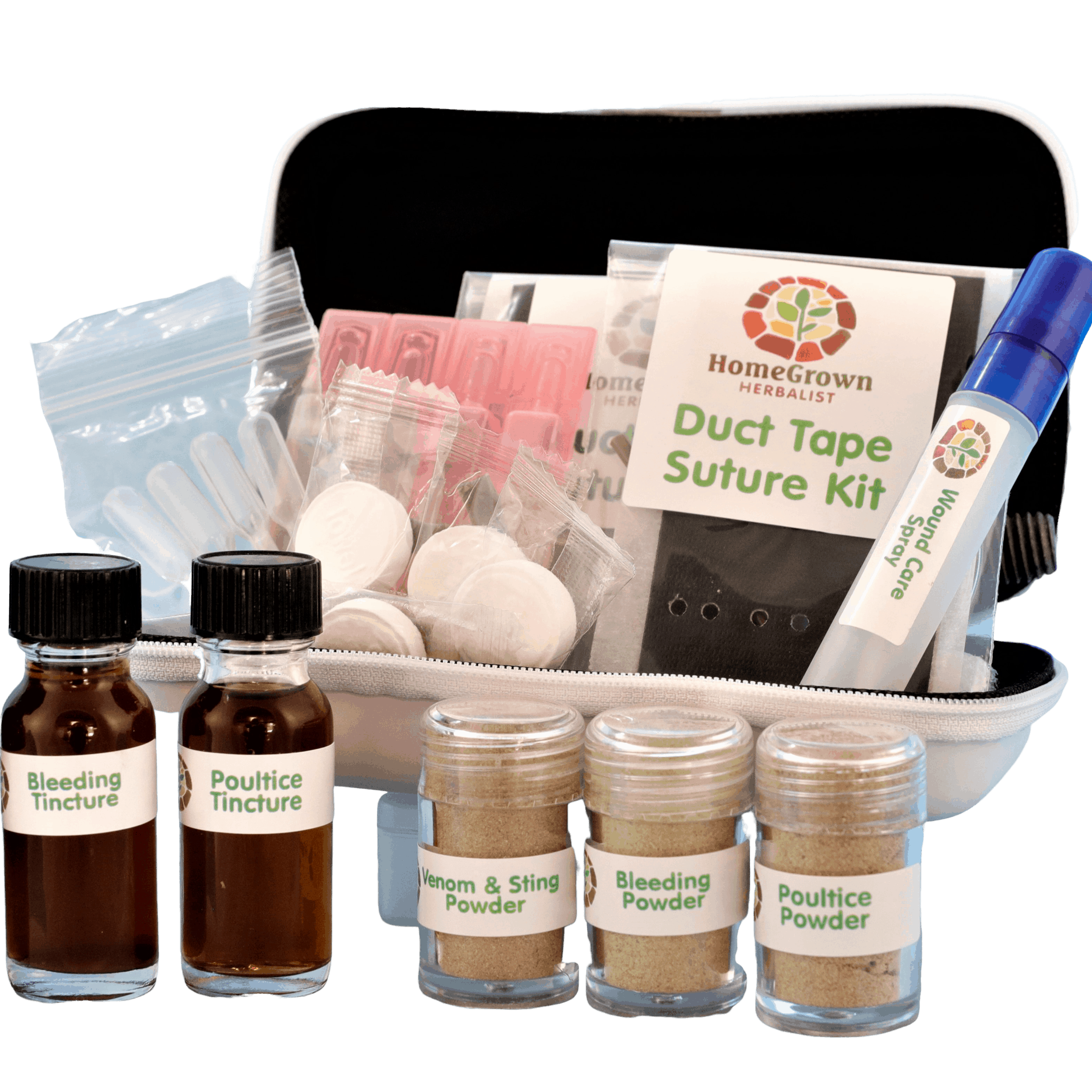
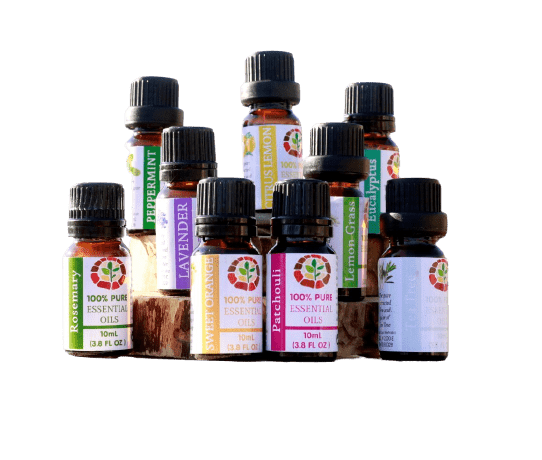
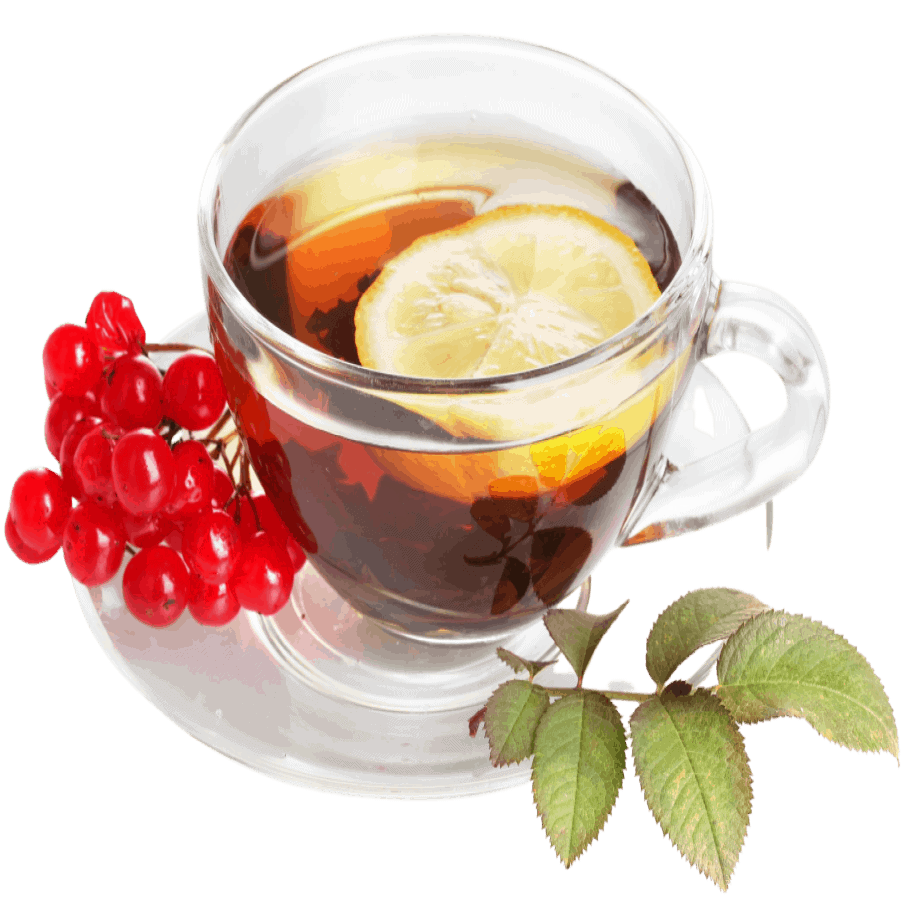
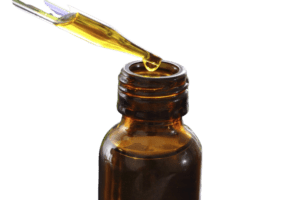
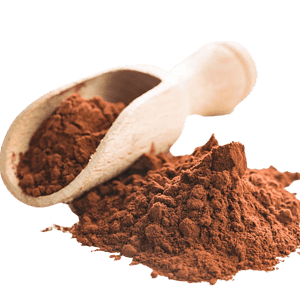
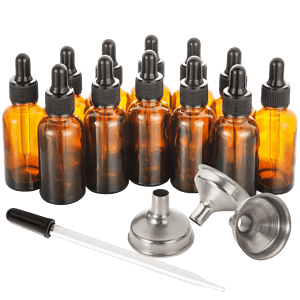
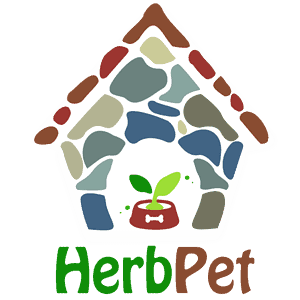
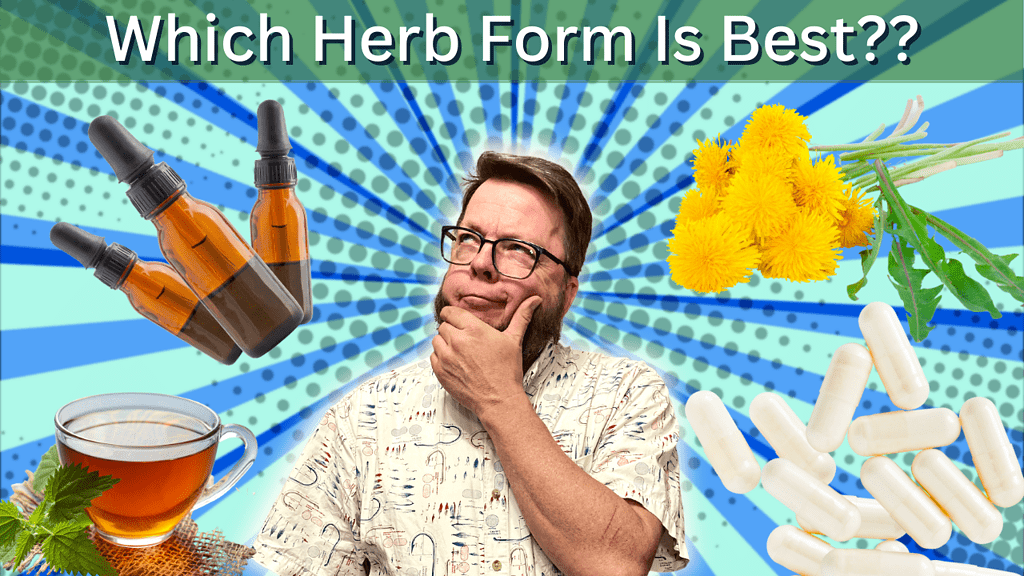
Hey Doc, great week here in GA. And, we are going to be lighthouse keepers again this August. With the “pandemic” the past two years we haven’t gone. They finally relaxed all the nonsense restrictions and asked us back. Looking forward to one more time. The island is full of some great herbs. From Elderberry, to Purslane and probably many we won’t recognize. I’m anxious to harvest as many as we can. We even have hops that usually ripen while we are there. I guess we can dry Plantain, spearmint, Yarrow but any suggestions on how to store them for the trip from Massachusetts back to GA? What about rose hips, how can we preserve them? I think I even saw some deadly plants there too. One that looks a bit like Queen Anne’s Lace. I think we may also have a sweet smelling plant called Dog Bane along with Deadly Knight Shade and Rhubarb. I’m sure many early keepers planted lots of good things. It’s a 50 acre that’s three miles from the harbor so they needed to grow most of what they needed. Would love to have you for a walking tour there. Have a fantastic week, be safe and keep teaching. We’re trying to get back on a routine so we can complete your course. We really enjoy your side insights and comments. Keep it going!
Pops, ye ole keeper!
Drying them would be just fine for getting them ready for transport. You could make a bunch of tinctures if you like as well.
I joined the school a few months ago and love it. I would recommend it to people who want to heal them self and loved ones.
Thanks Carolyn. :0)
As always, a great video! I knew the different ways of using herbs, but I enjoy learning from your videos. I always learn something new. Thank you!
Glad you enjoyed it.
Ooh, this was a great lecture Doc Jones (as always!)! I’ve been an herbalist a long time, and I still listen to your posts every time they come out, because I always learn something new, or a new way to think about an “old way”, and have a good spontaneous chuckle, and you often clarify something unclear in my mind, or something I’ve been pondering. Thank you for your clear, funny, gentle and knowledgeable sharing of your experiences and know-how with herbal medicine!
Does the acidic environment of the stomach have a neutralizing effect on any of the herbs? Would there be a situation when a capsule might provide protection of the herb in the stomach? Or when a tincture is better to avoid the digestive system?
Not that I’m aware of.
Can you use a powder for hot tea?
Absolutely. :0)
I really want to know more about which constituents are soluble in which diluent, whether alcohol, water, oil or glycerin. Especially because the oxalate content of most herbs is unknown, and oxalate is water soluble. I need to be very careful of oxalate consumption, since, I tend to spill oxalate and don’t want another Ca oxalate stone. Therefore, if the essential oil, glycerite, or tincture contains the properties of the herb I need, it is probably safe for me to take it.
Teas, tinctures and glycerites will all dissolve oxalates, probably at about the same rates. Essential oils, for the most part shouldn’t be taken internally.